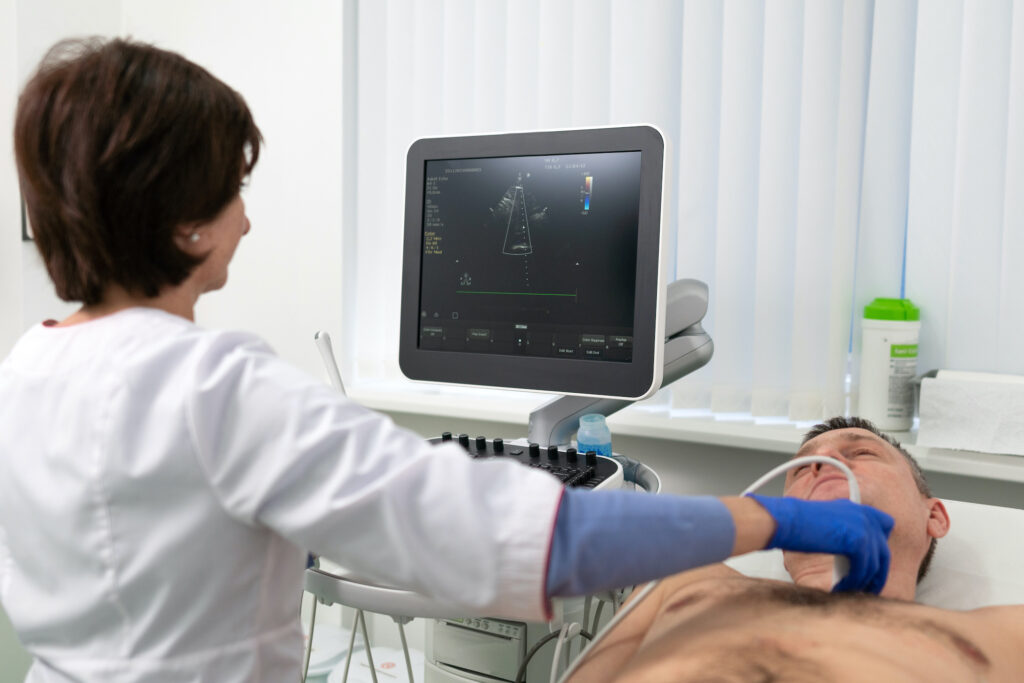
How Regular Cardiac Screenings Can Save Your Life
Cardiovascular diseases remain a leading cause of death worldwide, but many heart-related issues can be detected early through regular cardiac screenings. These screenings are essential for identifying potential problems before they become serious, ultimately saving lives. In this blog, we explore the importance of regular cardiac screenings, the types available, and who should consider them.
The Importance of Cardiac Screenings
Regular cardiac screenings are vital because they help detect heart conditions at an early stage, often before symptoms appear. Early detection allows for timely intervention, which can significantly improve outcomes and reduce the risk of severe complications, including heart attacks and strokes. By staying proactive with your heart health, you can take control of your future and make informed decisions about your lifestyle and treatment options.
For more insights into the importance of routine check-ups, visit AMS Cardiology.
Types of Heart Screenings
There are various types of cardiac screenings available, each serving a specific purpose in evaluating heart health:
Blood Pressure Checks
High blood pressure is often called the “silent killer” because it typically has no symptoms until significant damage occurs. Regular blood pressure checks are crucial for early detection and management. Keeping your blood pressure in check can prevent heart disease, stroke, and other complications.
Cholesterol Tests
Cholesterol screenings measure the levels of LDL (bad cholesterol) and HDL (good cholesterol) in your blood. High levels of LDL cholesterol can lead to plaque buildup in the arteries, increasing the risk of heart disease. Regular cholesterol tests can help you maintain healthy levels and reduce your risk.
Electrocardiogram (EKG)
An EKG measures the electrical activity of your heart and can detect irregular heartbeats, heart attacks, and other heart conditions. It is a non-invasive test that provides valuable information about your heart’s health.
Blood Glucose Test
Elevated blood glucose levels can be an indicator of diabetes, which is a significant risk factor for heart disease. Regular glucose tests help manage and prevent diabetes-related heart complications.
For a comprehensive list of heart health screenings, consider exploring Mercy’s guide.
Who Should Consider Cardiac Screenings?
While everyone can benefit from regular cardiac screenings, certain individuals may be at higher risk and should prioritize these tests:
-
Individuals Over 40: Age is a significant risk factor for heart disease. Regular screenings become increasingly important as you age.
-
Family History of Heart Disease: If you have a family history of heart conditions, you may be genetically predisposed to similar issues.
-
High Blood Pressure or Cholesterol: Those with existing high blood pressure or cholesterol should undergo regular monitoring.
-
Diabetics: Diabetes significantly increases the risk of heart disease, making regular screenings essential.
-
Smokers: Smoking damages blood vessels and increases the risk of heart disease, necessitating regular screenings.
For detailed guidance on heart-health screenings, visit the American Heart Association.
Conclusion
Regular cardiac screenings are a critical component of preventive healthcare. By detecting potential heart issues early, individuals can take necessary actions to protect their heart health and enhance their quality of life. Whether you’re at high risk or simply proactive about your health, regular screenings can make a significant difference. For more information on routine heart check-ups, consider resources from AMS Cardiology and Mercy. Remember, taking charge of your heart health today can save your life tomorrow.
To schedule and appointment with top our cardiologists at Sam Houston Heart and Vascular visit
www.samhoustonheart.com or call 832-241-2001

